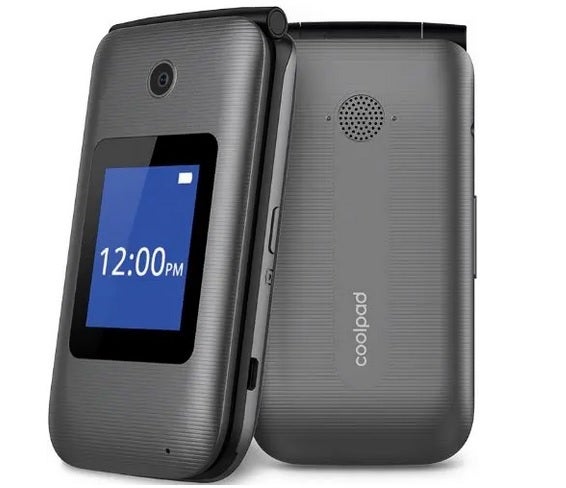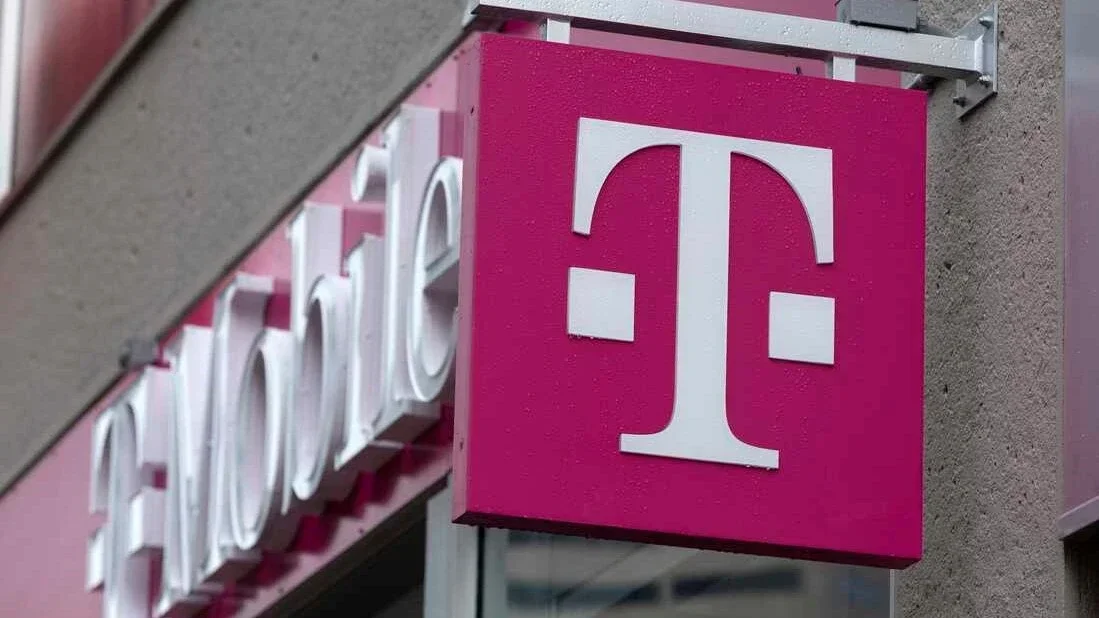T-Mobile is the parent company of Assurance Wireless acquiring it in the Sprint transaction. Assurance is a subsidized telephone service that is funded by the federal Lifeline Assistance program. The program provides to eligible low-income Americans a free phone, free monthly data, unlimited texting, and free monthly minutes. In January 2021, Kenneth Geaniton, a blind man, was a subscriber to the Lifeline program offered by Assurance when his feature phone died which prevented him from accessing what was literally his lifeline.
What did the FCC accuse T-Mobile’s Assurance Wireless of doing?

Geaniton was sent a Coolpad Belleza|Image credit-Reebelo
According to the order issued by the FCC, dated July 2nd, the regulatory agency concluded that Assurance Wireless “violated sections 255(c) and 716(b)(1) of the Communications Act of 1934, as amended (the Act), and sections 6.5(b)(1) and 14.20(a)(2) of the Commission’s rules (Rules) by failing to ensure its Lifeline service is accessible to and usable by individuals with vision disabilities. In addition, we conclude that Assurance violated section 14.31(a) of the Rules by failing to create and maintain records documenting its efforts to implement sections 255, 716, and 718 of the Act with regards to its Lifeline service.”
Assurance mentioned to the FCC that it was told by a manufacturer that at least one device it offered to Lifeline subscribers could be operated in one mode without vision. The T-Mobile-owned Assurance said that it relied on what phone manufacturers told it “to ensure the accessibility and usability of any of the provided devices.”
It’s another bad look for T-Mobile which is losing its reputation as a consumer-first company
By September 2023, Geaniton could not make calls again; after filing a Request for Dispute Assistance (RDA) with the Consumer and Governmental Affairs Bureau (CGB) in October of that same year, he was transported by the company to a store location where they found that the device was in Airplane Mode. As the FCC wrote in its order, “The Company’s records indicate that Mr. Geaniton’s device was in Airplane Mode and service was restored by simply turning the Airplane Mode off … A simple question may have disclosed the nature of Mr. Geaniton’s problem.”
Last December, the consumer could not use the phone, and this time he filed a complaint directly with the FCC. The regulatory agency ordered that Assurance find a device that Geaniton can use that is compatible with Assurance’s Lifeline service. It also has to train the customer service team so that they can help Assurance’s handicapped subscribers use their devices. The FCC also wants Assurance to create a system that “tracks complaints alleging accessibility issues” so that when a specific consumer calls, the rep handling the call will know what steps were tried in the past.
In the wake of numerous issues that have made T-Mobile seem less like the Un-carrier it used to be, this is yet another black mark on the nation;s second largest wireless provider.
